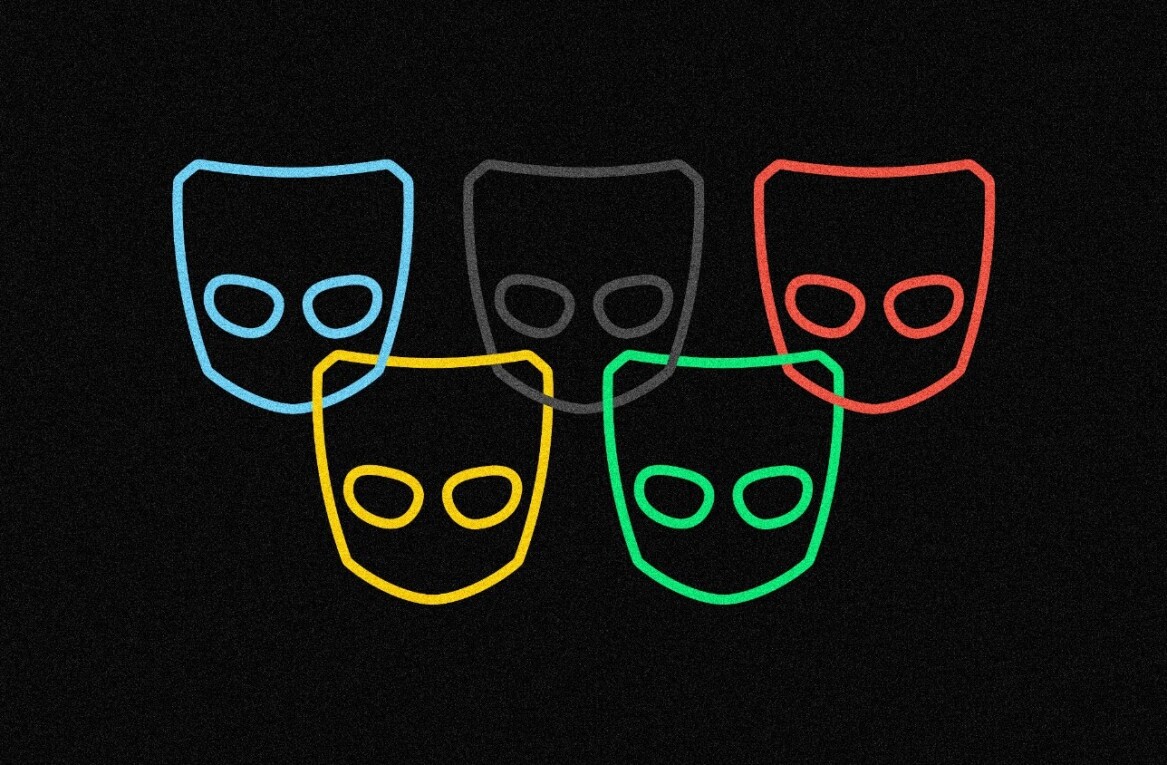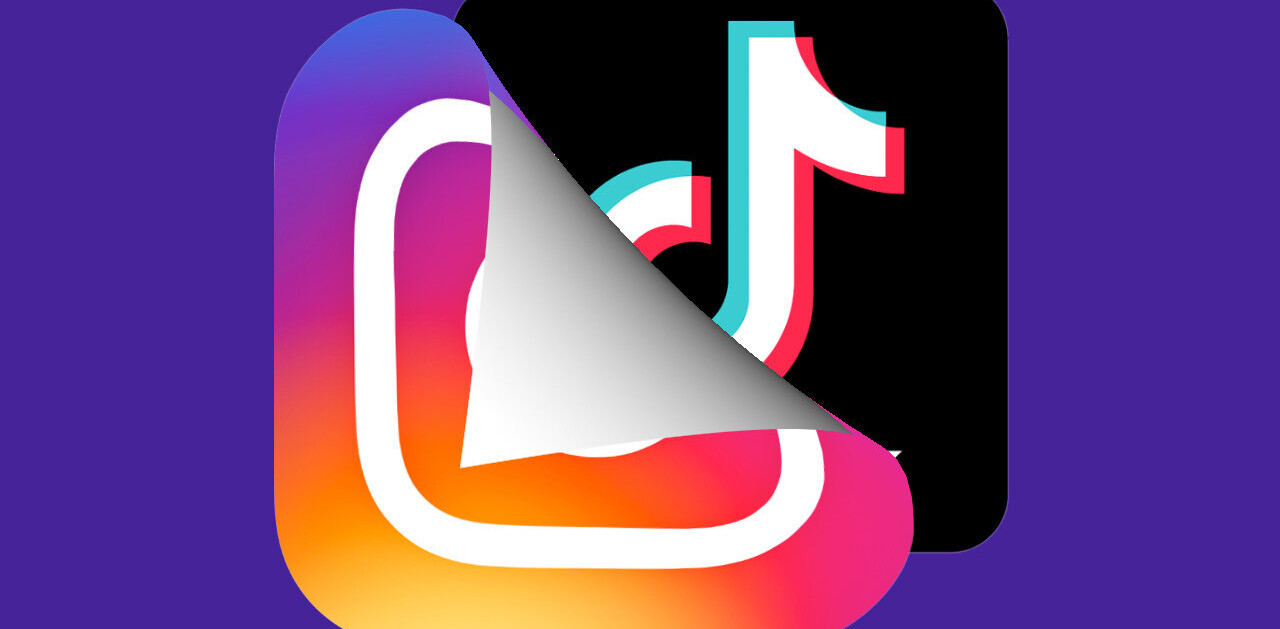![Brian Solis on his new book, The End of Business as Usual [Interview]](https://img-cdn.tnwcdn.com/image?fit=1280%2C720&url=https%3A%2F%2Fcdn0.tnwcdn.com%2Fwp-content%2Fblogs.dir%2F1%2Ffiles%2F2011%2F10%2FScreen-Shot-2011-10-18-at-11.24.24-AM.png&signature=f5548390ba84a705622f6afb3af8129b)
It’s a new era of business and consumerism — and you play a role in defining it. Or that’s what Brian Solis, Principal Analyst at Altimeter Group says in his new book, The End of Business as Usual: Rewire the way you work to succeed in the customer revolution.
Though Solis should really be a table name at this point — his Twitter alone boasts a cool 106k+ following — there may be a few of you who need a bit of brushing up. For those of you who find yourself unfamiliar, Solis is an analyst who has focused his work over the last 14 years on studying the effects of new media on business, marketing, publishing and culture. He’s also the author of “the industry reference guide to building and measuring success via the social web”, Engage, a book written for marketing and service professionals.
His new book follows the same theme of business and success, but takes a more in-depth look at the emerging connected consumer landscape, its impact on business and what companies can do to adapt and lead. I had the opportunity to interview Solis just yesterday while he was running around at PivotCon. Take a peek.
Chatting with author Brian Solis
Sherilynn Macale (SM): So what exactly is your book about? Can you give me any brief highlights, a plot summary or points that make it interesting?
Brian Solis (BS): Today’s biggest trends — the mobile web, social media, gamification, real-time — are changing the landscape for business and consumerism. Consumers are connecting and connected and as a result, they’re becoming increasingly empowered and influential. How these connected consumers discover, share, and communicate is different than their traditional counterparts and require businesses to rethink their approach.
To adapt, organizations need to examine the impact of technology on consumer behavior and understand its affect on how connected consumers make decisions and influence the decisions of their peers. That’s what this book is about.
The End of Business as Usual explores the rise of the connected consumer and how organizations can in turn adapt to effectively compete for their attention, their business and, most importantly, their loyalty.
SM: What was your inspiration behind it?
 BS: Wow. That’s a deep question. I’ll tell you honestly, my inspiration is two-fold. First, I study how new media, disruptive technology and emergent trends influence consumer behavior and decisions. It’s clear that there is a different breed of consumer out there, yet many businesses I’ve worked with or also studied over the years lump this unique consumer segment with the traditional consumer of yesteryear.
BS: Wow. That’s a deep question. I’ll tell you honestly, my inspiration is two-fold. First, I study how new media, disruptive technology and emergent trends influence consumer behavior and decisions. It’s clear that there is a different breed of consumer out there, yet many businesses I’ve worked with or also studied over the years lump this unique consumer segment with the traditional consumer of yesteryear.
Second, I look at the needs, frustrations and opportunities within the consumer landscape to measure the gap between businesses and the people they want to ready. It’s hard not to be empathetic. When we look at the #occupy movements that are springing up all around the world, it’s clear that their needs are unheard or worse, unmet. The connected consumer is in control of the people and companies that they will not only connect with but also support.
Companies that don’t recognize this need or this opportunity risk alienating an influential consumer base and ultimately will lose market share as the connected consumer eventually represents the majority of the overall consumer landscape.
SM: What makes The End of Business as Usual uniquely beneficial to anyone who picks it up?
BS: This is not a book about social media, the top 10 ways to get the most Likes or followers, nor does it dive into the specific networks defining the new media landscape. That was the job of Engage.
The End of Business as Usual makes the case that the need for business transformation is bigger than social media and more important than just connecting or communicating with customers in social networks. For executives to realize the opportunity for innovation and leadership, they need your help in making sense of the differences between traditional and connected customers. They need to know that this emergent consumer category affects business objectives, priorities and financial goals.
The book examines how leading companies are finding success with connected customers. The lessons, case studies and best practices contained within will help readers earn the support of organizational leaders by identifying growth opportunities and prioritizing where to invest time and resources. The end result is creating an adaptive foundation for businesses to not only build relationships with connected customers, but improve customer and employee relationships overall.
More about The End of Business as Usual
If you’d like to find out more about Brian Solis and his new book, drop by his website where you’ll find more information, as well as discover how to purchase it. You can also stop by Amazon to pick it up now via Hardcover or by Kindle. Otherwise, check out this video that provides a loose idea of what Solis’ new book is about.
Get the TNW newsletter
Get the most important tech news in your inbox each week.






